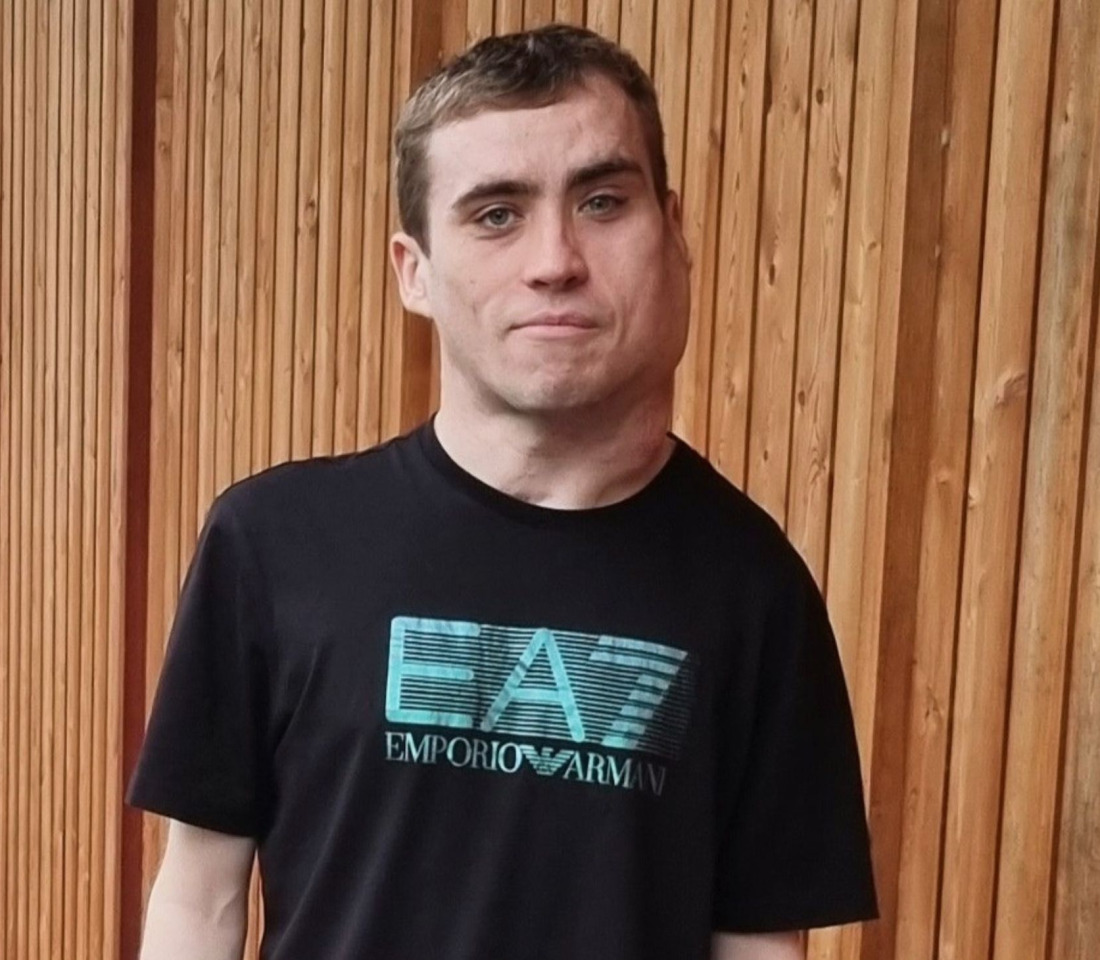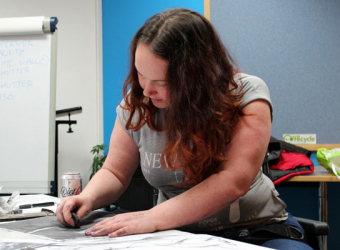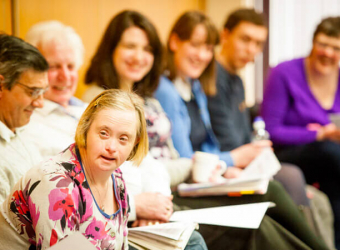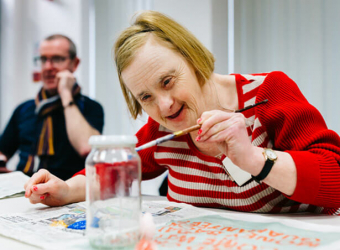What is dystonia?
Dystonia is a neurological movement disorder that presents with uncontrollable muscle spasms, which can be painful. There are many different types and forms of dystonia.
What causes dystonia?
Dystonia is triggered by incorrect signals from the brain.
These may be caused by genetics, a brain injury, a drug reaction or as a symptom of another condition but in some cases, there is no known or clear cause.
Dystonia is a lifelong condition, affecting both adults and children. There is currently no cure, but there are lots of different treatments that can help reduce the symptoms of dystonia.
What are the symptoms of dystonia?
Dystonia can affect any region of the body. The symptoms can vary a lot between the different types of dystonia.
Common symptoms of dystonia may include:
- Uncontrolled muscle cramps and spasms
- Body parts twisting into unusual positions
- Shaking (tremor)
- Uncontrolled blinking
- Vision loss
- A breathy or strangled-sounding voice
- Slurred speech
- Hand cramps
















